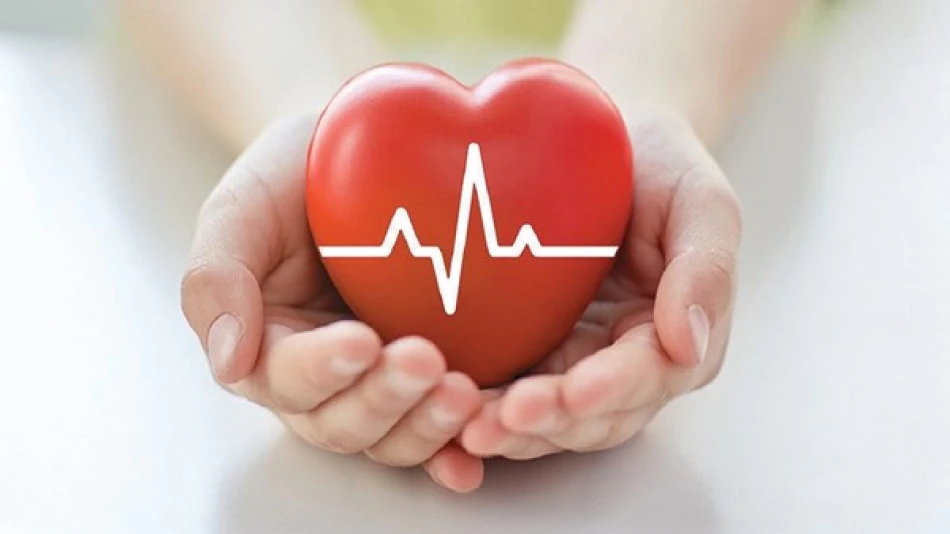
UAE Celebrates Global Heart Day with Nationwide Events and Initiatives
The UAE is marking World Heart Day on September 29, joining a global effort to raise awareness about cardiovascular disease — the leading cause of death worldwide. Heart disease kills nearly 20 million people annually, accounting for 32% of all deaths globally, making prevention and early detection critical for saving lives.
Dr. Yazan Al Jabri, a cardiac surgery specialist at Cleveland Clinic Abu Dhabi's Heart and Vascular Institute, explains that World Heart Day was launched by the World Heart Federation to tackle cardiovascular diseases that cause premature deaths worldwide. The day focuses on prevention through healthy lifestyle choices, proper nutrition, regular physical activity, and early screenings.
The most common heart conditions include coronary artery disease that causes chest pain and heart attacks, strokes from blocked blood vessels, heart failure that weakens the heart muscle, and rhythm disorders like atrial fibrillation. These diseases pose major public health threats globally.
Several risk factors contribute to heart disease: high blood pressure, high cholesterol, diabetes, smoking, obesity, and genetic predisposition. But here's the encouraging part — up to 80% of cardiovascular diseases can be prevented through lifestyle changes.
Prevention starts with adopting a balanced diet rich in fruits and vegetables while limiting saturated fats. Doctors recommend 150 minutes of exercise weekly, quitting smoking, maintaining healthy weight, and controlling blood pressure and diabetes with medication when needed. Annual checkups help catch problems early.
The challenges are real though. Rising obesity and smoking rates among young people make prevention harder. Changing daily habits remains difficult despite awareness campaigns. An aging population increases disease rates, while economic and cultural barriers limit access to preventive care.
Medical technology is advancing rapidly in heart treatment. Artificial intelligence now helps doctors make more accurate diagnoses and predict risks. Catheter-based procedures can replace heart valves without open surgery. Robotic surgery offers advanced solutions for valve diseases, and electrical ablation therapy treats irregular heartbeats.
Dr. Alaa Amin Ali Saeed, a cardiology consultant at Burjeel Medical City Abu Dhabi, notes that World Heart Day serves an important purpose in the UAE, where heart disease is also a leading cause of death. The UAE's Ministry of Health and Prevention, along with health authorities, has launched several national initiatives to prevent heart disease.
Modern medical centers in the UAE now use advanced techniques including interventional catheterization and procedures to correct congenital heart defects. Artificial intelligence analyzes medical images and predicts cardiac risks, helping doctors make quick, accurate treatment decisions.
The main heart problems doctors see include coronary heart disease like chest pain and heart attacks, congestive heart failure, irregular heartbeats, high blood pressure, high cholesterol, and diabetes complications. Most of these conditions can be prevented with 30 minutes of daily physical activity, a balanced diet rich in fruits and vegetables with healthy fats, quitting smoking, limiting alcohol, managing stress levels, getting good sleep, and regular medical checkups to catch high blood pressure and cholesterol early.
As heart disease continues spreading globally, medical centers are investing in research and development while offering advanced training programs for doctors and specialists. They're also partnering with international medical institutions to share knowledge and expertise, which helps deliver better cardiac care and improves community health outcomes.
Most Viewed News

 Layla Al Mansoori
Layla Al Mansoori






